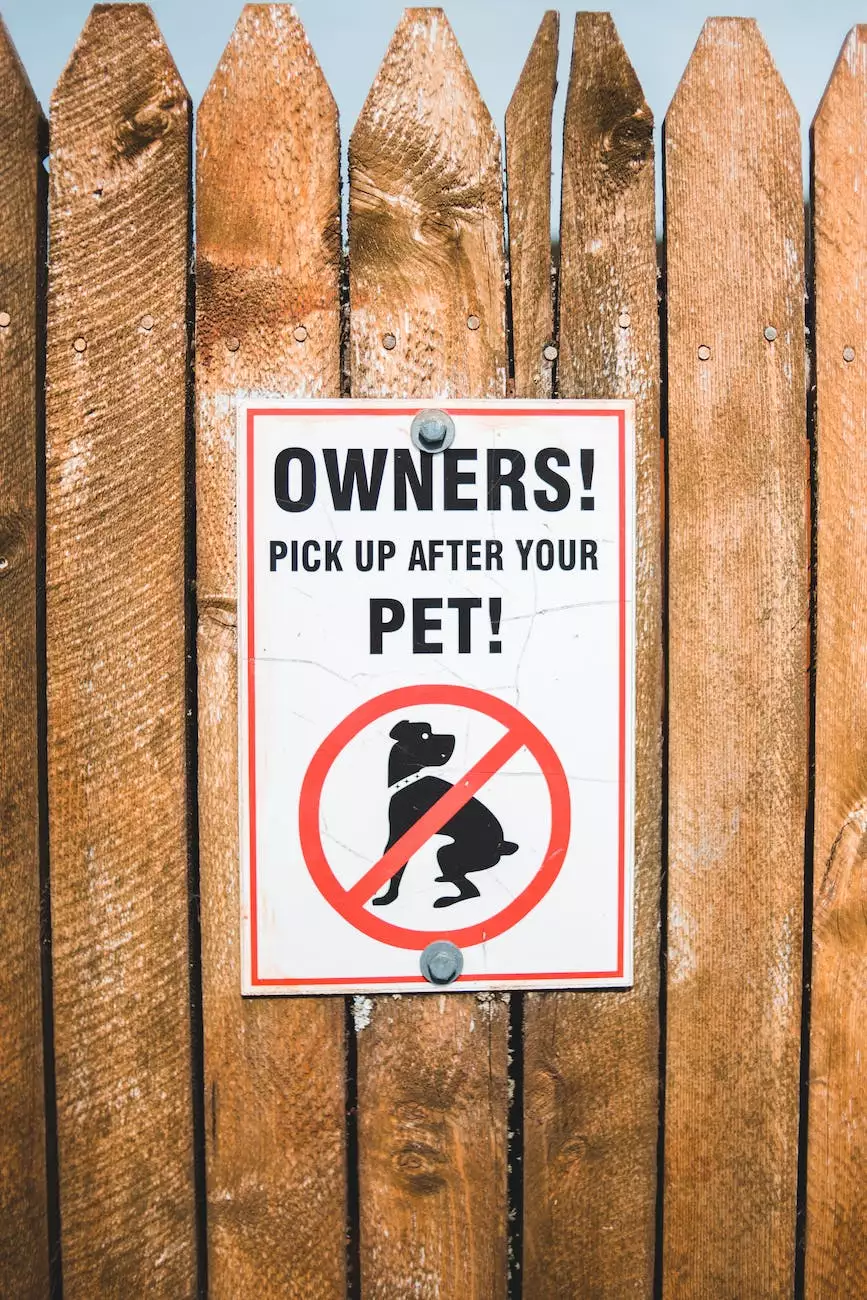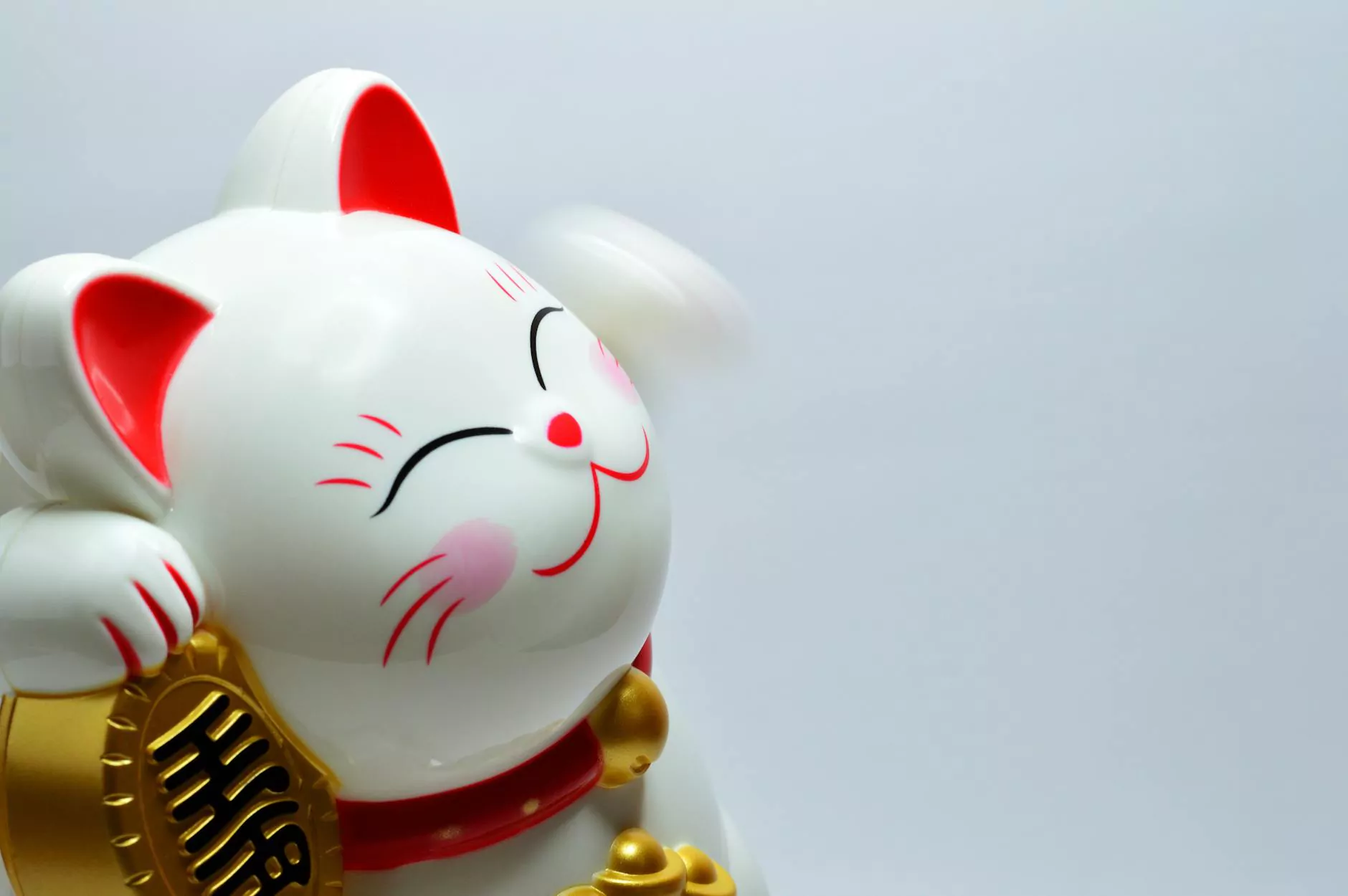How Inadequate Socialization Affects Your Pet's Life
Resources
Welcome to Lasers4Horses, your trusted source of information and solutions for pets and animals, specifically focusing on horses. In this blog post, we will delve into the importance of socialization in your pet's life and discuss the negative consequences of inadequate socialization.
The Importance of Socialization
Socialization plays a vital role in shaping your pet's behavior, emotional well-being, and overall quality of life. It involves exposing your pet to various environments, people, animals, and experiences to help them develop appropriate social skills and confidence. Proper socialization helps prevent behavioral issues and enhances their ability to adapt to new situations.
The Impact of Inadequate Socialization on Horses
In the context of horses, inadequate socialization can have serious consequences. Horses are social animals by nature and thrive in an environment that allows them to interact with other horses and experience a variety of stimuli. When deprived of proper socialization, they may exhibit behavioral problems such as aggression, fearfulness, or difficulty adjusting to new environments.
Behavioral Problems
Unsocialized horses may display aggressive behaviors towards other horses, humans, or even themselves. This can pose a significant risk to their well-being and the safety of those around them. Additionally, horses lacking proper socialization may become excessively fearful or anxious, making it challenging to handle them or engage in activities such as riding or training.
Difficulty with Training and Handling
Inadequate socialization can make training and handling horses much more challenging. Horses that haven't been properly socialized may struggle to understand and respond to basic commands, leading to frustration both for the animal and its owner. Developing a solid foundation of socialization early on can greatly improve their ability to learn and cooperate.
The Solution: Effective Socialization Techniques
As responsible horse owners, it's crucial to prioritize and implement proper socialization techniques to ensure your horse's well-being and happiness. Here are some effective strategies to enhance your horse's socialization:
1. Positive Exposure to Various Environments
Gradually introduce your horse to different environments, such as arenas, trails, and pastures. This exposure will help them become familiar with various sights, sounds, and sensations they may encounter in their daily lives.
2. Controlled Social Interactions
Facilitate controlled interactions between your horse and other horses. Introduce them to horses with calm demeanors, gradually increasing the complexity of social interactions. This will help them learn appropriate social behavior and reduce the likelihood of aggressive tendencies.
3. Exposure to Novel Objects and Situations
Expose your horse to novel objects and situations to build their confidence and adaptability. This can include introducing them to different types of obstacles, such as tarps, water, or bridges. By gradually exposing them to new experiences, you can help them become more resilient and less reactive.
4. Professional Guidance
Working with a professional trainer or equine behaviorist can provide valuable guidance and expertise in developing a suitable socialization plan for your horse. They can assess your horse's specific needs and design a structured program to address any existing behavioral issues.
5. Consistency and Patience
Remember that socialization is an ongoing process that requires consistency and patience. Allocate regular time for socialization activities, and be patient with your horse's progress. Each horse is unique, and some may require more time and support to overcome their socialization challenges.
Conclusion
Inadequate socialization can have significant detrimental effects on your horse's life. By understanding the importance of socialization and implementing effective techniques, you can help ensure your horse becomes a well-rounded, socially adept, and happier companion. Consult with professionals, dedicate time for socialization, and remember that a socially enriched horse is a healthy and well-adjusted horse.




